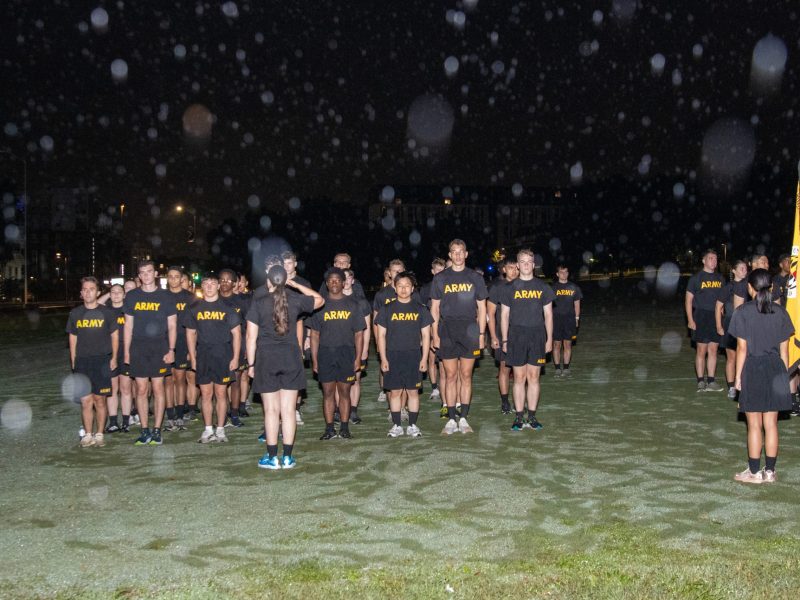The media are rife with supposedly strong, independent and empowering female characters. Directors like Joss Whedon love to include a bunch of “kickass” women who spout witty one-liners and do cool things like beat up villains or pilot space ships or whatever. This would be cool if these characters were interesting or developed in any way instead of reflecting the director’s personal fantasies. What we get instead of actual characters, with moral depth and personality, is a group of cardboard cutouts catered to the desires of men. The popular image of the strong female character is increasingly becoming one of “men with boobs,” instead of one that displays any amount of femininity.
This is not to say that such characters do not exist in film, but movies especially popular in the 18- to 25-year-old demographic very rarely feature them. The newest big superhero movie, The Avengers, is raking in an enormous sum of money, and drawing very strong reviews. The movie apparently depicts Scarlett Johansson as a strong female character – something I’m hesitant to believe. Her character, Black Widow, is treated in typical Whedon fashion: She does “cool” things and acts as the teen nerd’s ideal woman but has a minimal amount of characterization. Perhaps that level of depth is expected for a Whedon-directed blockbuster film, but it’s disconcerting when a man who is often associated with feminism creates almost all of his female characters based on a few archetypes and adds very little complexity to them.
Essentially, the media appropriates a feminist stance. What people like Whedon have done is use the language of feminist thought to legitimize their views. By doing so, they help reinforce male conceptions by making them seem “woman-friendly.” In reality, these directors transplant a bunch of male “action hero” traits into a woman’s body. This is, of course, combined with hypersexualization to reflect male fantasy. I’m using Whedon as a whipping boy here, but characters like Buffy the Vampire Slayer – or basically every female character in Serenity – are just reflections of men’s personal taste. It’s a strong tradition in film and other pop media, like comic books, and it is grating to hear, “You see, I am a feminist and I understand women, so I can write them however I like in my films and it won’t be sexist.” It turns out that writing women with wholly masculine traits, in essence making them men with boobs, does not make them compelling or strong in any way. It makes them boring male nerd fantasy.
Every once in a while, we’ll get good female characters, like Katniss Everdeen in The Hunger Games movie or Ellen Ripley in the Alien series. Neither are sexualized in a manner that objectifies them (outside of one scene in the first Alien). These types of characters are rare in popular media, in favor of “weak,” feminine women or “strong,” masculine women who fit specific molds instead of having layers of personal complexity and motivation. It’s not just blockbuster movies settling for shallow characterization in favor of big explosions and whatnot. When someone claims he or she is feminist and appropriates feminist language to justify his or her shallow and fantastical portrayal of women, he or she actively works to shut down thought about what it means to have a positive portrayal of women. It’s really disappointing that people eat this up, because directors and writers can market themselves as woman-friendly when they’re actually subverting a very legitimate complaint by women for their own purposes.
Tom Bradtke is a senior history major. He can be reached at bradtke@umdbk.com.


